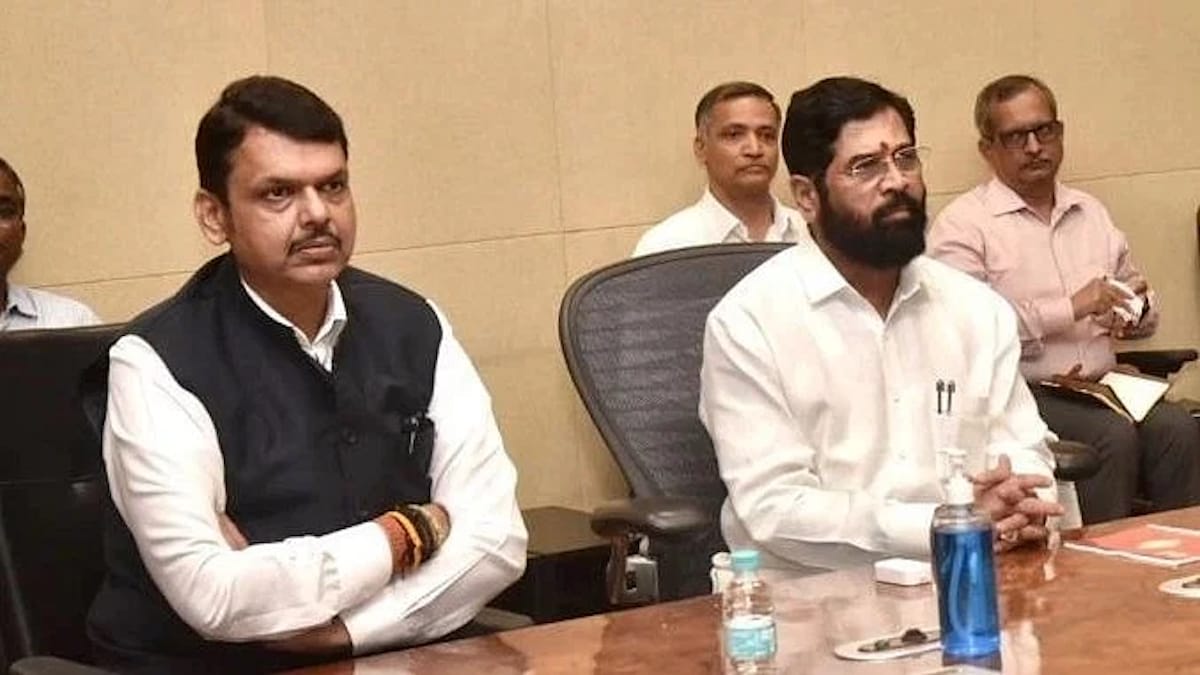The Lokayukta Bill, 2022 was unanimously approved by the Maharashtra Legislative Assembly on Wednesday through a voice vote.
If two-thirds of the Assembly approve an investigation, the measure will give the Lokayukta the authority to look into the state’s Chief Minister and Council of Ministers members as well. The opposition, which had earlier staged a walkout in protest of the state government shielding the minister in the alleged TET fraud, was not present when the measure was passed.
After the law was passed, the deputy chief minister, Mr. Devendra Fadnavis, praised the revolutionary action and said that Maharashtra would be the first state to introduce a bill of this importance, setting a new precedent.
Any current or former Maharashtra Chief Minister can be investigated by the Lokayukta if a motion for such an investigation is passed by the Legislative Assembly with a two-thirds majority.
However, if the matter involves internal security or public order in the state, the Lokayukta will not investigate any corruption charges levelled against the Chief Minister. ‘The Lokayukta may investigate complaints against the Chief Minister, ministers, ministers of state, members of the Maharashtra State Legislature, All India Services officers, State Government employees (excluding Group D), members of local authorities, officers and employees of the Board, Corporation, Authority or Society, wholly or partly financed by the State Government or controlled by the Government,’ the Bill said.
The Lokayukta is composed of five members, including the chairperson, a retired chief justice of a high court or a retired justice of the Supreme Court or the Bombay High Court, and four other members, two of whom must be judicial members. There will be two benches for the Lokayukta.
The bill proposes that the Governor delegate additional functions to the Lokayukta in order to combat corruption.
The Lokayukta bench will have the same authority as a civic court and will be able to order the government to file a charge sheet before a special court in cases of corruption.
It can also conduct preliminary investigations into any corruption case brought before a government agency and oversee state agencies dealing with corruption cases.
Furthermore, the Lokayukta will have superintendence powers and will be able to direct state agencies to investigate cases. It can also recommend a departmental investigation and write a special report, which it can then submit to the government for action.
It also has the authority to impose penalties. A person who insults or disrupts the chairperson or a member of the Lokayukta may face up to six months in prison and/or a fine.
In the case of false and vexatious complaints, the Lokayukta has the authority to levy a penalty of up to Rs2 lakh, but only after hearing the complainant.


